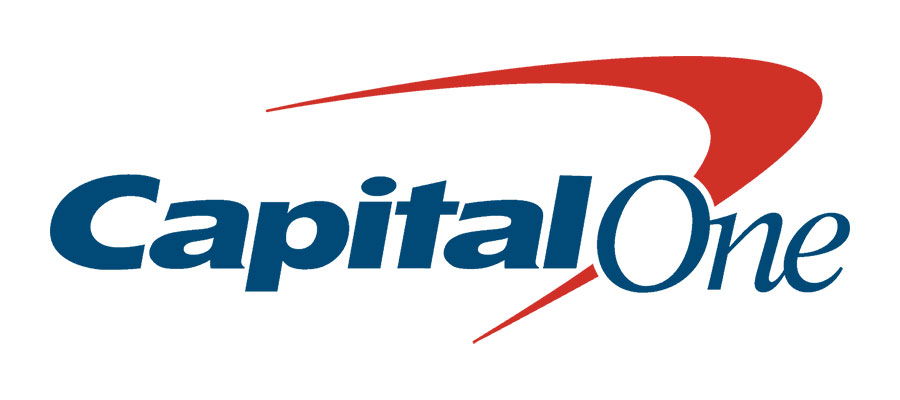Capital One offers flexible auto loan options, whether you’re buying a car, refinancing your current loan, or looking for a pre-qualified offer before heading to the dealership. Their Auto Navigator tool makes it easy to check your estimated rates without hurting your credit score.

If you already have a loan through Capital One, their online tools make it simple to manage your payments. But before you apply for financing, it’s helpful to know where your credit score should be—and what steps can put you in a stronger position to qualify.
Minimum Credit Score for a Capital One Auto Loan
Capital One Auto Finance typically requires a credit score of 500 or higher to qualify for an auto loan. That falls into the “poor to fair” range. While this is the minimum, those with better credit scores usually receive lower interest rates and higher loan amounts.
Keep in mind: your credit score is just one part of the application. Capital One also looks at your income, job stability, and debt-to-income ratio. If you have steady income and low debt, you may still qualify even if your credit score is below average.
What Capital One Looks For in Auto Loan Applications
In addition to your credit score, Capital One considers the full picture of your financial profile:
- Payment history – A track record of on-time payments builds trust with lenders.
- Income – Steady income helps show you can afford monthly loan payments.
- Employment stability – Staying in the same job or field can improve your odds of approval.
- Debt-to-income ratio – Lower debt relative to income tells lenders you’re not financially stretched.
If your credit score is on the lower side, addressing these areas can help offset the risk and improve your application.
How to Improve Your Approval Odds
Before you apply for a Capital One auto loan, take a few steps to strengthen your credit profile. These actions can make a difference in your loan terms—or whether you’re approved at all.
Review Your Credit Reports
Start by checking your credit reports from all three credit bureaus: Experian, Equifax, and TransUnion. Look for any inaccurate or outdated information and dispute anything that doesn’t belong there. You’re entitled to one free credit report per bureau each year at AnnualCreditReport.com.
Pay Bills On Time
Missed or late payments can seriously hurt your credit score. Consistently paying your bills on time is one of the fastest ways to build a better credit history.
Lower Your Credit Utilization
Keep your credit card balances below 30% of your total credit limit. For example, if you have $10,000 in available credit, try to stay under $3,000 in outstanding balances.
Limit New Credit Applications
Multiple hard inquiries in a short period can lower your credit score. Only apply for new credit when necessary, and space out applications when possible.
Show Proof of Income
Capital One wants to know you can afford the loan. Be prepared to provide recent pay stubs, bank statements, or tax returns to verify your income.
Need Help Repairing Your Credit?
If negative marks like collections, charge-offs, or late payments are dragging down your credit score, professional help might be worth considering.
Credit Saint works with clients to challenge inaccurate or outdated items on their credit reports. Removing these kinds of entries can improve your credit score and help you qualify for better loan terms. They even offer a 90-day money-back guarantee, so you can take the next step with confidence.
If you’re serious about rebuilding your credit and improving your approval odds, visit their website to see how they can help.
Final Thoughts
A Capital One auto loan is within reach for people with a credit score of 500 or higher—but better credit can lead to better interest rates and lower payments. Take time to review your credit, pay down debts, and present strong proof of income before applying.
With the right prep, you can increase your chances of approval and lock in a loan that fits your budget.



